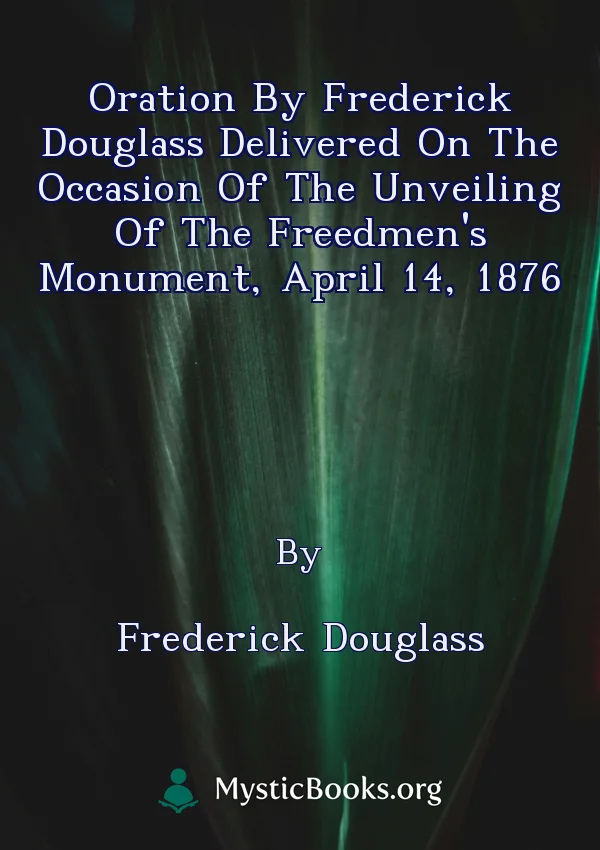
Oration by Frederick Douglass Delivered on the Occasion of the Unveiling of the Freedmen's Monument, April 14, 1876
'Oration by Frederick Douglass Delivered on the Occasion of the Unveiling of the Freedmen's Monument, April 14, 1876' Summary
Frederick Douglass's oration at the unveiling of the Freedmen's Monument in 1876 is a moving testament to the struggles and triumphs of African Americans following the Civil War. Douglass, himself a former enslaved person who rose to prominence as an abolitionist and orator, uses the occasion to reflect on the historical significance of emancipation. He acknowledges the progress made in securing freedom for African Americans while also highlighting the challenges that remained, such as racial discrimination and the ongoing fight for equal rights. Douglass's speech serves as a powerful reminder of the ongoing fight for racial justice and the enduring legacy of the Civil War era. He eloquently addresses the complexities of Reconstruction, urging continued commitment to achieving full citizenship and equality for all Americans, regardless of race. The speech, a landmark in African American oratory, serves as a poignant document of the era, encapsulating both the hopes and challenges faced by the newly freed population.Book Details
Language
EnglishOriginal Language
Published In
Authors
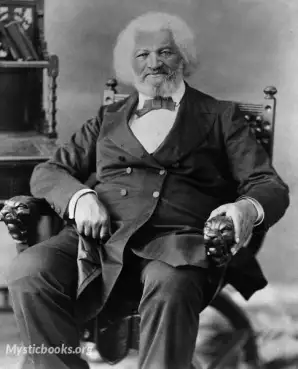
Frederick Douglass
United States
Frederick Douglass was an American social reformer, abolitionist, orator, writer, and statesman. After escaping from slavery in Maryland, he became a national leader of the abolitionist movement in Ma...
Books by Frederick DouglassDownload eBooks
Listen/Download Audiobook
- Select Speed
Related books
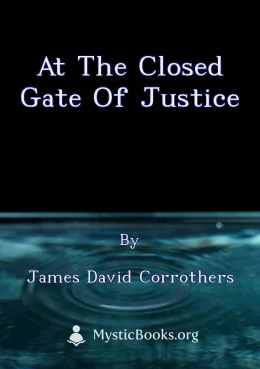
At the Closed Gate of Justice by James David Corrothers
At the Closed Gate of Justice is a collection of poems by James David Corrothers, an African-American poet, journalist, and minister. The poems explor...
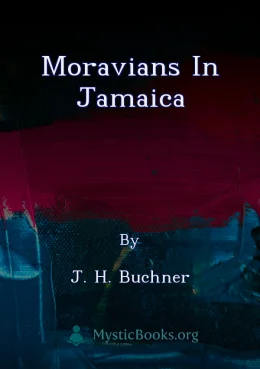
Moravians in Jamaica by J. H. Buchner
This book delves into the century-long history of the Moravian missionaries in Jamaica, exploring the complex and often humorous interactions between...
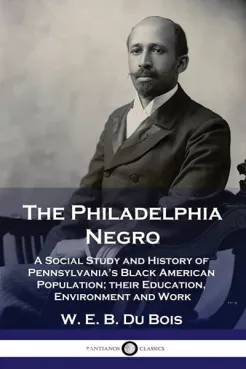
The Philadelphia Negro: A Social Study by William E. B. Du Bois
The book is a detailed sociological study of the African American population in Philadelphia at the turn of the 20th century. It examines the social,...
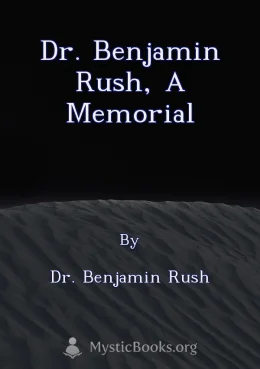
Dr. Benjamin Rush, A Memorial by Dr. Benjamin Rush
Dr. Benjamin Rush's autobiography, penned by himself, provides a unique and intimate glimpse into the life and times of a prominent figure in American...
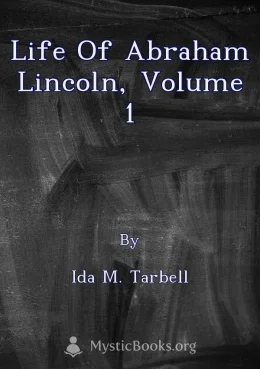
Life of Abraham Lincoln, Volume 1 by Ida M. Tarbell
This volume of Ida Tarbell's biography of Abraham Lincoln covers his life from his boyhood to his election to the presidency in 1860. Tarbell, a noted...
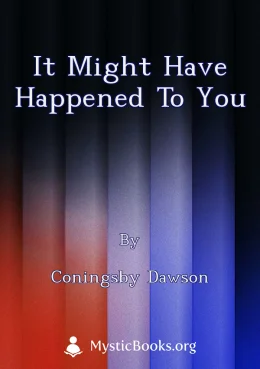
It Might Have Happened to You by Coningsby Dawson
Coningsby Dawson's "It Might Have Happened to You" offers a stark and poignant account of the immense human suffering, particularly widespread starvat...
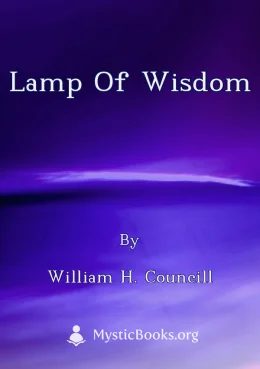
Lamp of Wisdom by William H. Councill
“Lamp of Wisdom” by William H. Councill, a former slave and a contemporary of Booker T. Washington, delves into the history of the African American co...
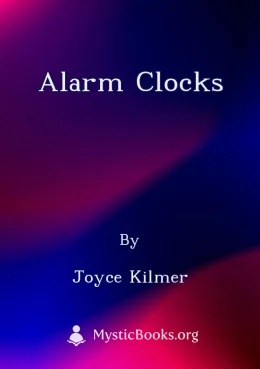
Alarm Clocks by Joyce Kilmer
Alarm Clocks by Joyce Kilmer is a collection of poems that explores the themes of war, religion, and patriotism. Kilmer, a devout Catholic and America...
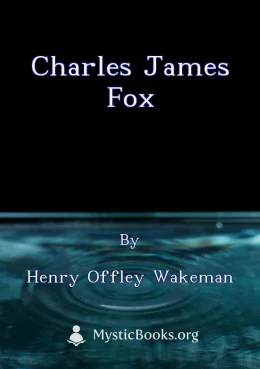
Charles James Fox by Henry Offley Wakeman
This biography explores the life and career of Charles James Fox, a prominent British Whig politician. It delves into his role in the American Revolut...
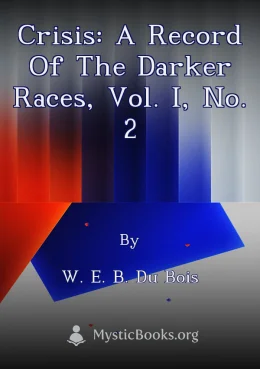
Crisis: A Record of the Darker Races, Vol. I, No. 2 by W. E. B. Du Bois
This issue of *The Crisis*, the official publication of the NAACP, focuses on the pressing issues of racial prejudice and inequality in early 20th-cen...
Reviews for Oration by Frederick Douglass Delivered on the Occasion of the Unveiling of the Freedmen's Monument, April 14, 1876
No reviews posted or approved, yet...